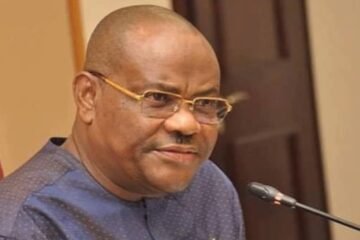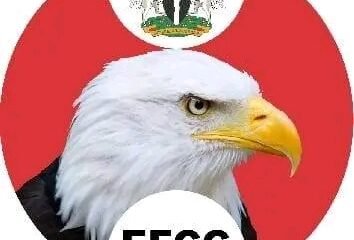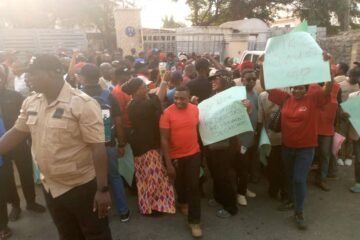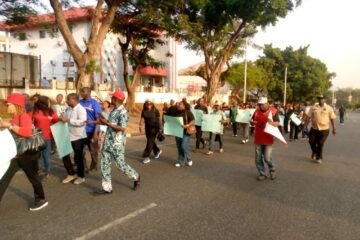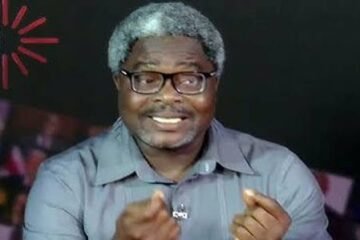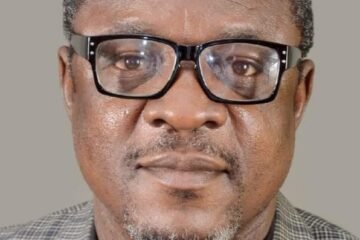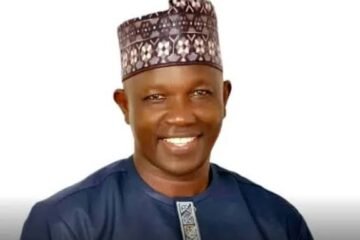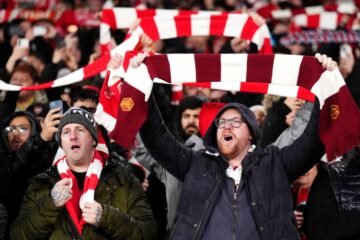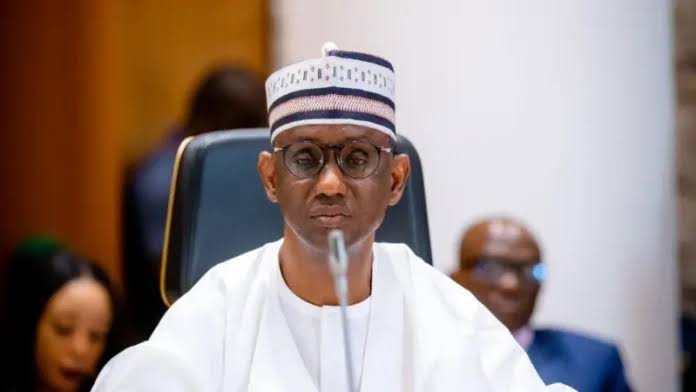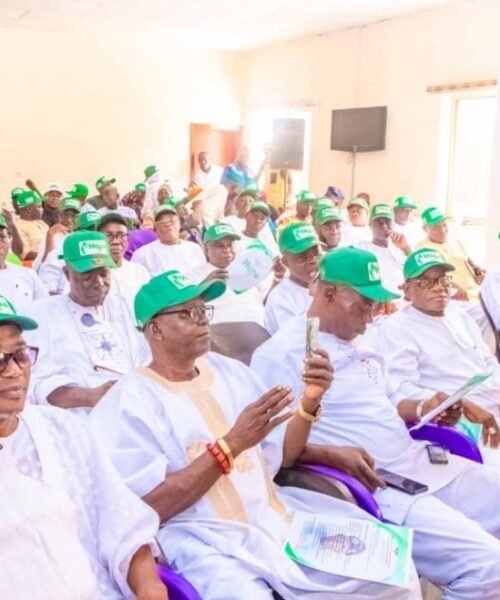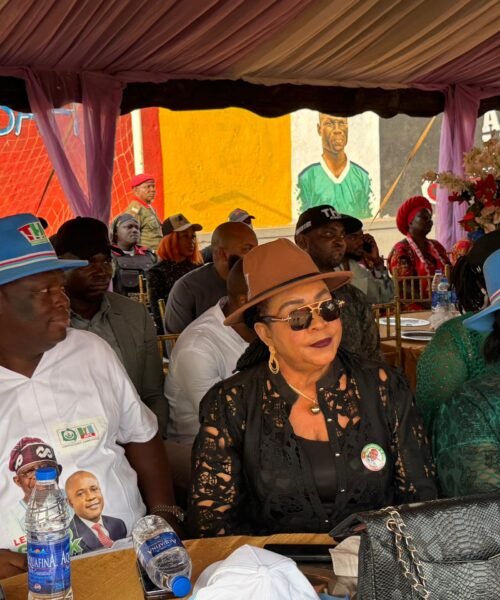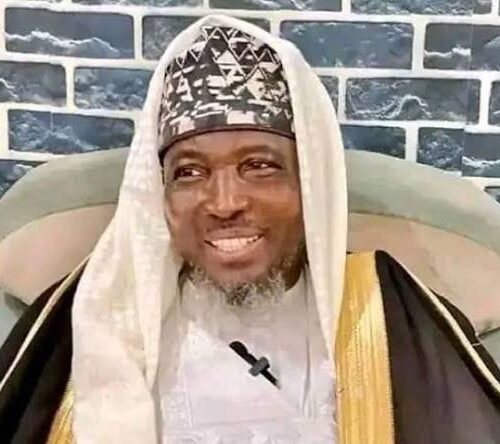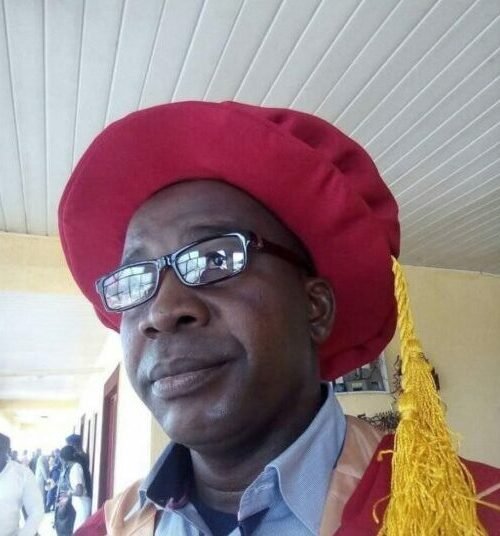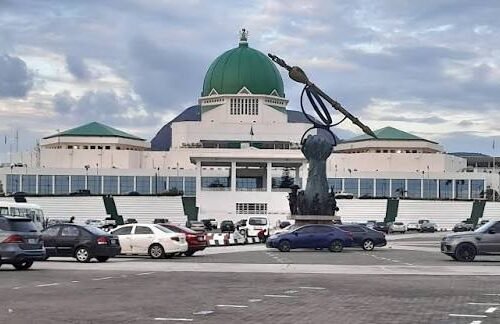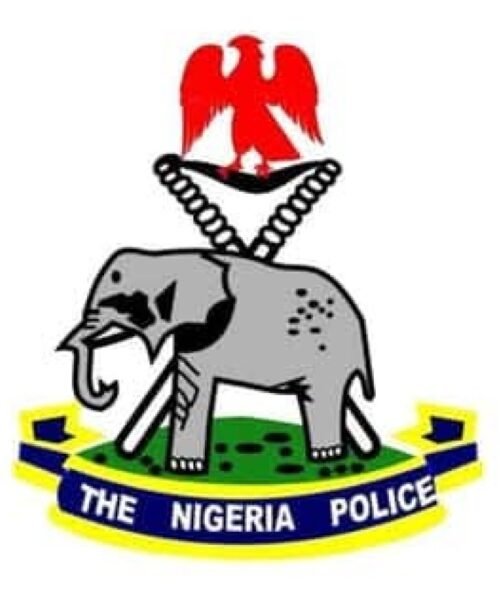By Achadu Gabriel, Kaduna
Vexed religious issues in the North were at the core of a high-level engagement between leadership of Christian Association of Nigeria (CAN) in the 19 Northern states and Abuja with the National Security Adviser, Nuhu Ribadu, in Abuja today.
Also at the meeting which held in Ribadu’s office complex were the Director General (DG), Department of State Services (DSS), Mr Adeola Oluwatosin Ajayi, and the DG, National Intelligence Agency (NIA), Ambassador Mohammed Mohammed.
The development came during the period of the third anniversary of the stoning to death of Sokoto College of Education student, Deborah Samuel, with a group raising fresh dust over the matter and alleging that about 50 police personnel stood by as a mob of religious fundamentalists murdered the girl.
At the meeting in Ribadu’s office, the Christian leaders raised serious concerns bordering on national security, religious freedom, and institutional discrimination allegedly being perpetrated in their region.
A 14-point communique signed by CAN Chairman for the 19 Northern States and Abuja, Rev. John Joseph Hayab, and Secretary-General, Bishop Mohammed Naga, commended the NSA’s openness but warned that the ongoing spate of insecurity, marginalization, and systemic bias against Christians in the North could inflame tensions and derail the nation’s fragile peace.
The communique identified some allegedly inflammatory religious messages, particularly by some clerics, as a major area capable of igniting ethno-religious crises, calling for urgent sensitization and regulation of religious preaching across faiths.
CAN also decried the misuse of social media to spread falsehood and inciting content, urging government to equip the security agencies with digital tracking tools to identify and prosecute offenders.
The Christian body expressed grave concern over the increasing number of Internally Displaced Persons (IDPs), warning that failure to resettle and rehabilitate victims of violence risked entrenching a dangerous cycle of trauma and retribution.
They commended President Bola Tinubu for establishing the National Commission for Almajiris and Out-of-School Children but urged that its mandate be expanded to include rehabilitation, conventional education, and adoption initiatives.
On the reintegration of ex-Boko Haram militants, CAN said current processes are flawed, noting that some reintegrated fighters have turned to threats in host communities. The group insisted on robust de-radicalization protocols before reintegration.
Equally worrisome, CAN stated, was the alleged denial of access to land for building churches, discrimination in appointments, admissions into tertiary institutions, and forceful conversions of underage Christian girls under the guise of marriage.
These acts, the leaders warned, erode national trust and violate constitutional guaranting of freedom of religion and association.
The body called on the Federal Government to investigate and address these violations, warning that silence or inaction could escalate religious tensions.
To foster enduring peace, the Christian leaders proposed the establishment of a North-wide interfaith stakeholders’ forum comprising respected Muslim and Christian leaders to jointly develop strategies for peaceful coexistence.
CAN also recommended increased sensitization of youths on drug abuse, substance and the role of religious institutions in security cooperation.
Despite the weighty issues raised, the CAN leadership expressed deep appreciation to the NSA and his team for the opportunity to present their concerns and pledged continued cooperation with security agencies in pursuit of national stability.
“We consider this engagement as a bold step towards securing the nation through open, honest, and inclusive dialogue,” the communique stated.
The interaction is seen as part of the NSA’s broader peace-building initiative to consult critical stakeholders across the federation amid growing security threats and socio-religious fault lines, they stated.
Meanwhile, three years after the brutal murder of Deborah Samuel, more popularly known simply as Deborah, a group has raised the alarm that the family has not been given any justice.
A statement issued by a group, Equipping the Persecuted and TruthNigeria.com, called on the international community to remember Deborah and to confront the ongoing wave of religiously motivated violence plaguing Nigeria’s Christian communities.
In the statement made available to newsmen on Tuesday, May 13, in Kaduna, North-Central Nigeria, by the founder of Equipping the Persecuted, Ehis Egbon, and Executive Director of TruthNigeria, Judd Saul, they emphasized the importance of remembering Deborah’s story.
They stated: “May 12, 2025 Tuesday marks the third anniversary of the brutal murder of Deborah Emmanuel Samuel, a Christian college student stoned and burned to death by a mob of her classmates at Shehu Shagari College of Education in Sokoto
“Equipping the Persecuted and TruthNigeria.com are calling on the international community to remember Deborah, and to confront the ongoing wave of religiously motivated violence plaguing Nigeria’s Christian communities.”
According to the statement, Deborah’s cousin, Asabe Kdada Sabitu, was with her (Deborah) moments before the killing.
The statement quoted her as granting an exclusive interview to TruthNigeria, where she shared the harrowing details of the final hours she spent together with the deceased Deborah.
She reportedly said: “She wasn’t crying. She was quiet. Her last words to me were, ‘What time is it?’ She was planning to take her exam that day. Instead, she was murdered for her faith.”
The medium added: “Since Deborah’s death, no significant legal action has been taken against those responsible. Eye-witness accounts state that up to 50 police officers stood by as the mob acted.
The two bodies stated: “Despite national and international outrage, justice remains elusive. Weeks after the murder, two men were tried for disturbing the peace but acquitted.
“Three years have passed, and the silence is deafening. Deborah Emmanuel was not just a victim, she was a young woman with a future, a dream to serve her country as a police officer, and a fearless witness for Christ.
“The world must not turn away. The persecution of Christians in Nigeria is real, it is intensifying, and it demands action. We call on people of conscience, governments, churches, human rights organizations, to break the silence and stand up for those being targeted for their faith.
“Douglas Burton, managing editor of TruthNigeria, asks: “Is it time for Nigeria to come clean on its problem of Christian genocide?
“After three years, the blood of Deborah Emmanuel calls to the heart of a just God and marks an indelible stain on the reputation of State authorities in Sokoto and Nigeria as a whole. A nation that cannot identify and prosecute her murderers will never find peace, or dignity in any hall of nations.
“Equipping the Persecuted continues to provide emergency aid, trauma support, and security training for Christians under attack across Nigeria.”
Meanwhile, TruthNigeria.com vowed its commitment to exposing the truth about religious persecution, including firsthand accounts like Asabe’s, the statement added.
“Deborah’s story is a symbol of a larger crisis, a crisis that cannot be ignored”, it stated.
In March this year, the United States Commission for International Religious Freedom (USCIRF) urged the United States (U.S) government to designate Nigeria as a “Country of Particular Concern” (CPC) due to persistent religious violence and the government’s failure to protect religious minorities.
In its 2025 annual report, USCIRF slammed Nigerian authorities for failing to prosecute perpetrators of religious violence, warning that such inaction triggers reprisals, deepens sectarian tensions, and weakens religious freedom.
If Nigeria is officially designated as a CPC under the US International Religious Freedom Act, the country may face diplomatic and economic consequences, including sanctions and restrictions on much-needed U.S foreign aid.

